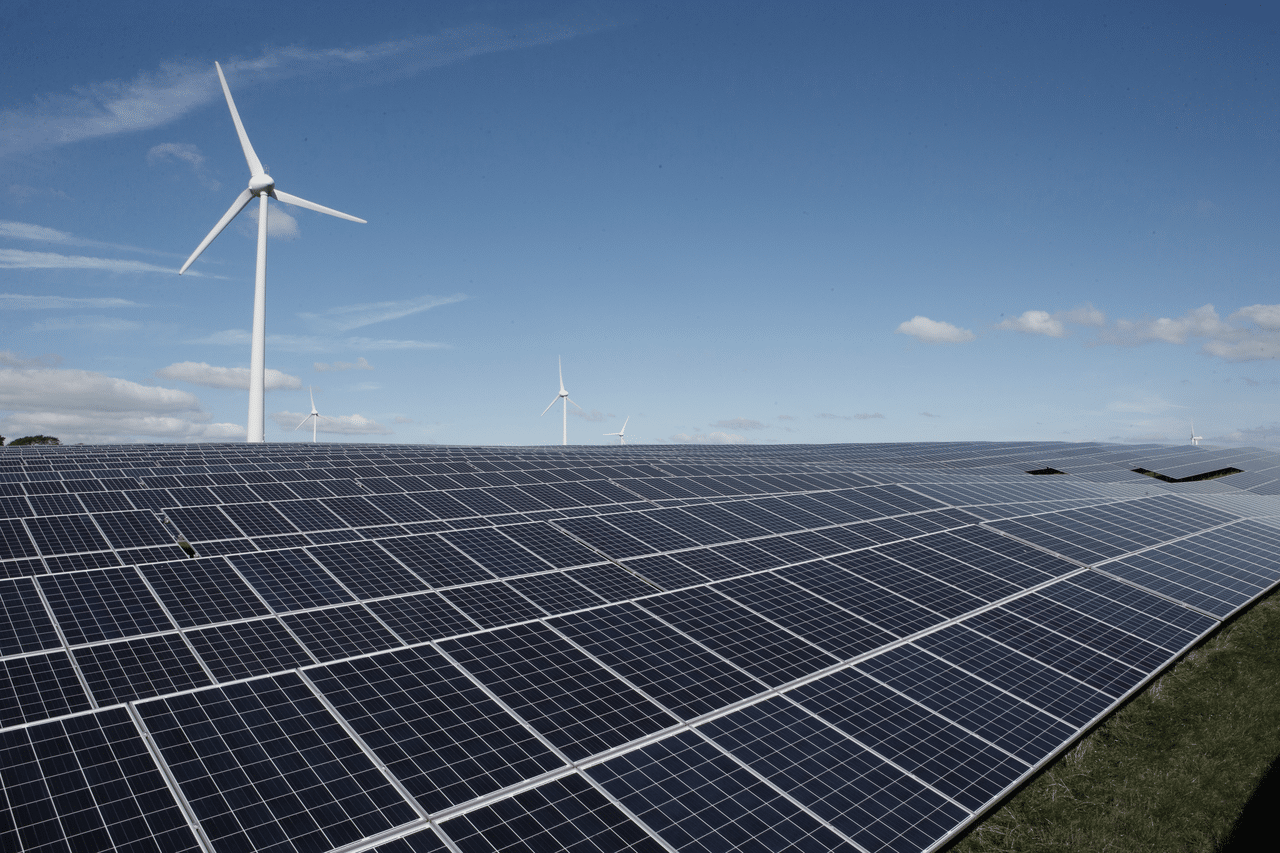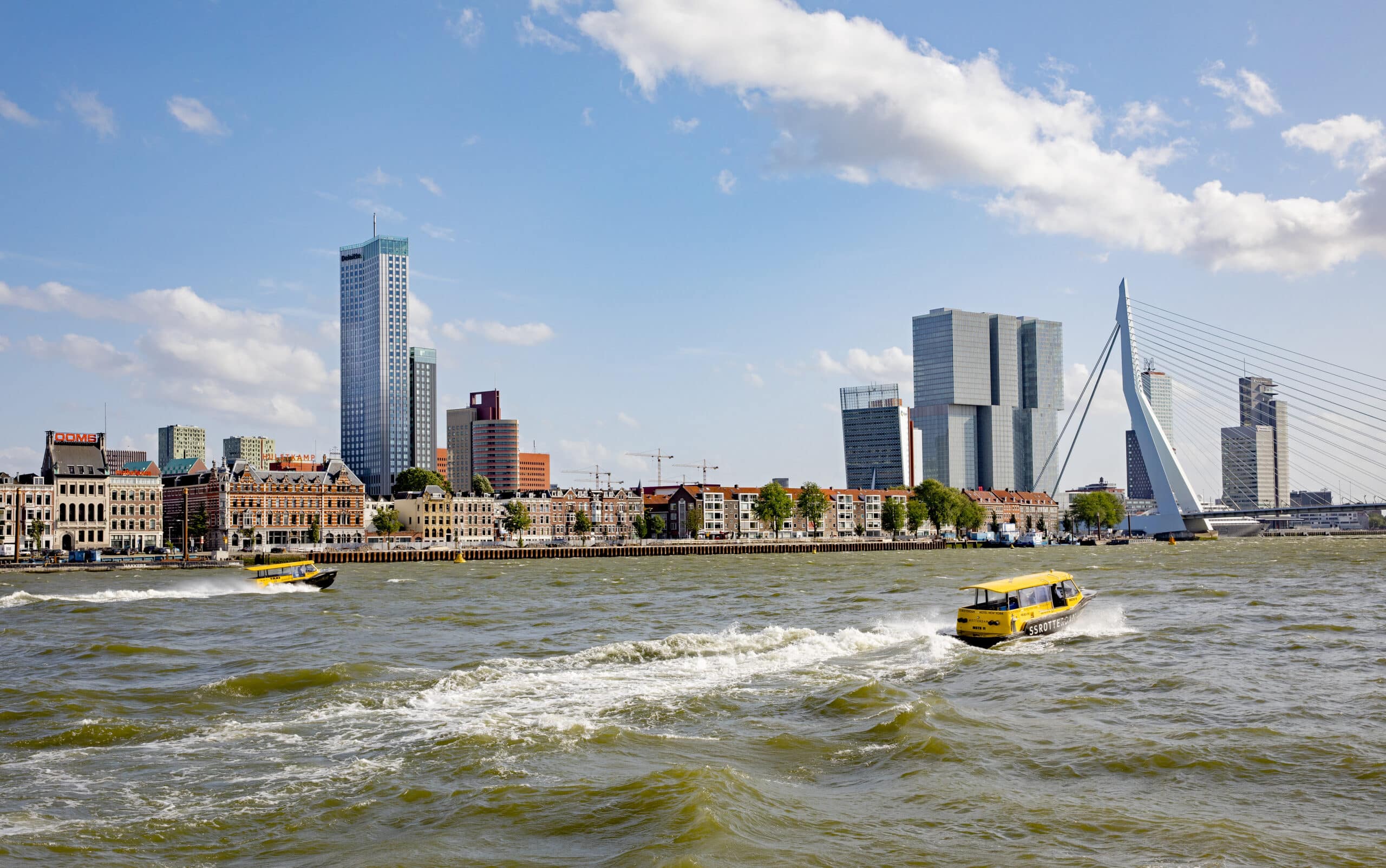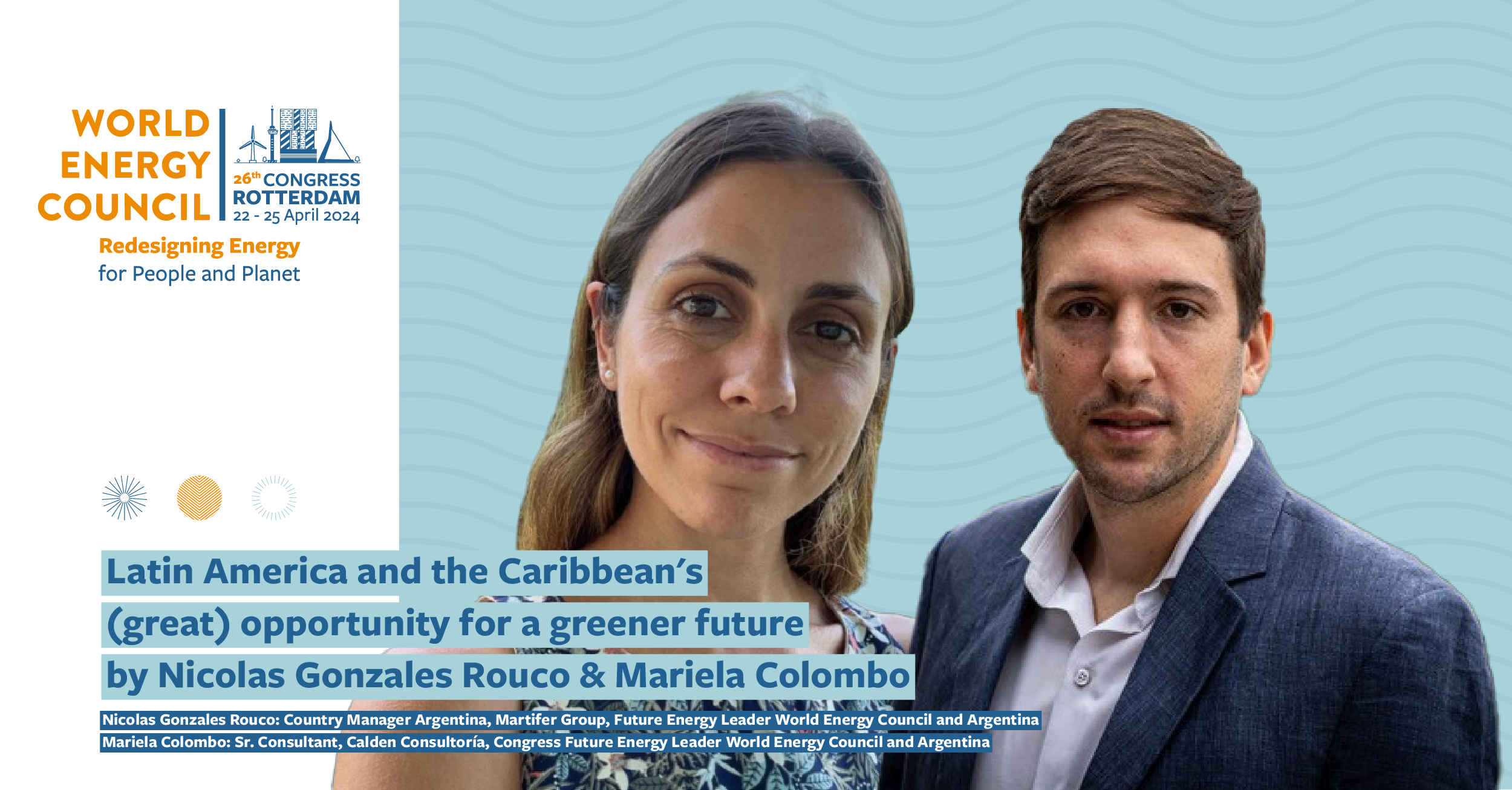Embracing Collaboration for a Sustainable Future
01.08.2023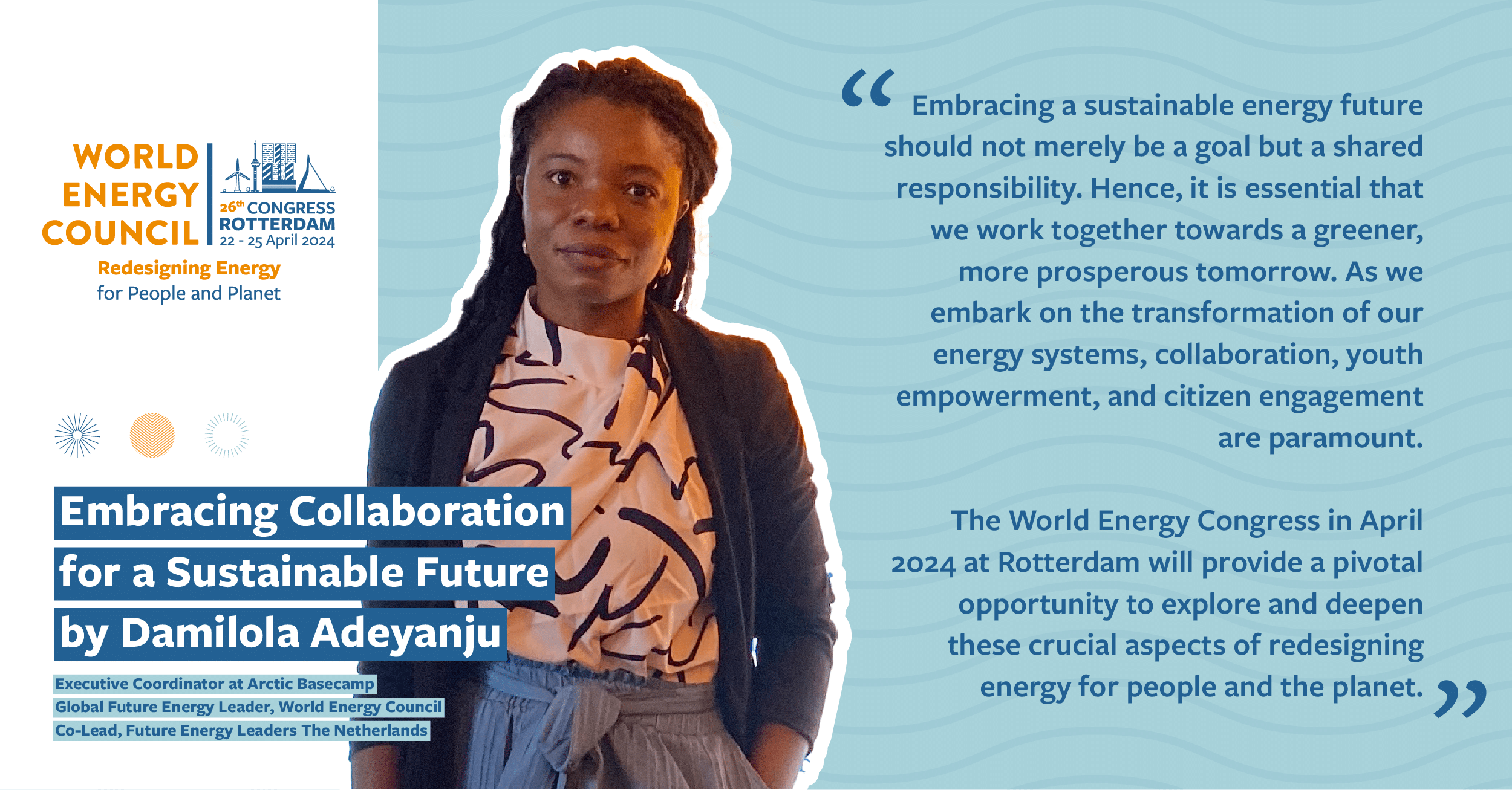
Transitioning towards a future where sustainable energy becomes the bedrock of our society demands a profound transformation of our energy systems, economy, and way of life. This journey is a technological challenge and a social endeavour that requires a united effort from individuals, communities, industry and governments.
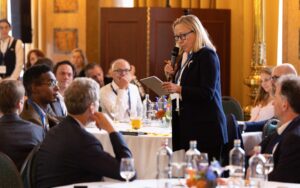 As a peer reviewer for the Renewables 2023 Global Status Report – Renewables in Energy Demand by REN21, I gained invaluable insights into the critical nature of addressing the demand side of the equation rather than solely focusing on the supply side. Today, buildings alone account for about 35% of final energy consumption, significantly contributing to greenhouse gas emissions. Only 15% of the world’s building energy is from renewables, indicating that much work lies ahead in effectively engaging the demand side in this transition. It is clear that to achieve a sustainable energy future; we must pay equal attention to demand-side solutions and supply-side advancements.
As a peer reviewer for the Renewables 2023 Global Status Report – Renewables in Energy Demand by REN21, I gained invaluable insights into the critical nature of addressing the demand side of the equation rather than solely focusing on the supply side. Today, buildings alone account for about 35% of final energy consumption, significantly contributing to greenhouse gas emissions. Only 15% of the world’s building energy is from renewables, indicating that much work lies ahead in effectively engaging the demand side in this transition. It is clear that to achieve a sustainable energy future; we must pay equal attention to demand-side solutions and supply-side advancements.
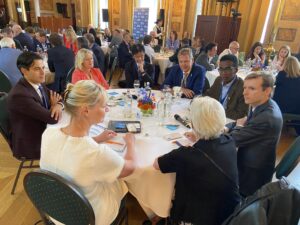 The recent Road to Congress event in Rotterdam – designed as a preview of the conversations we can expect at the 26th World Energy Congress next year and a showcase of the Congress theme – further underscored the significance of collaboration and citizen engagement in the energy transition. At this event, I had the privilege of joining the dialogue on Redesigning Energy for People and the Planet. Photos representing critical interdependencies and connections in redesigning energy systems were shared, sparking discussions around common concerns for enhanced strategies in designing a sustainable energy future:
The recent Road to Congress event in Rotterdam – designed as a preview of the conversations we can expect at the 26th World Energy Congress next year and a showcase of the Congress theme – further underscored the significance of collaboration and citizen engagement in the energy transition. At this event, I had the privilege of joining the dialogue on Redesigning Energy for People and the Planet. Photos representing critical interdependencies and connections in redesigning energy systems were shared, sparking discussions around common concerns for enhanced strategies in designing a sustainable energy future:
- Innovative Communication for Citizen Participation: Active engagement and empowerment of citizens are crucial in driving the energy transition. As we prepare for a prosumer economy, we must employ innovative communication strategies to effectively involve citizens and youth for longevity of energy transition plans across regions. This also includes scaling energy literacy amongst youth to bridge the skill gaps need to design energy systems of the future. Ensuring that the right stakeholders are influenced, delivering positive messages, and highlighting the opportunities brought about by the transition can help overcome challenges like opposition to critical infrastructure projects (such as Not In My Backyard – NIMBY).
- Integration Across Sectors: Transitioning to renewable energy requires changes spanning materials, circular economy, infrastructure, consumer behavior, international collaboration, digitalization, and nature’s ecosystems. Hence, collaborative efforts and seamless integration across sectors are vital to tackle the energy trilemma.
- Data Sharing for Informed Decision-Making: Data sharing is crucial in promoting best practices for effective solutions. It fosters knowledge sharing and enhances transparency in decision-making. When information is accessible and shared, it empowers decision-makers, communities, and individuals to make informed choices that align with sustainable energy goals.
Energy plays a multifaceted role, not just as a development enabler but also as a crucial factor for society’s well-being and future. It was encouraging to see that these common concerns directly link to the demand side when I return to my insights as a Peer Reviewer, emphasising the need for active collaboration among stakeholders. Citizens taking the lead in driving change from local to global levels is vital for achieving a sustainable energy future. Especially amidst the recent energy crisis, affordability gains significance, making citizen engagement even more crucial. Involving citizens through initiatives like Energy Communities can equip them to participate in the transition. Informed citizens have potential to become solution enablers, facilitating impactful changes on the demand side. To address critical interdependencies, we must synergize technical expertise with behavioural changes and adopt a systems thinking approach. This requires forging new collaboration models to advance the energy dialogue effectively.
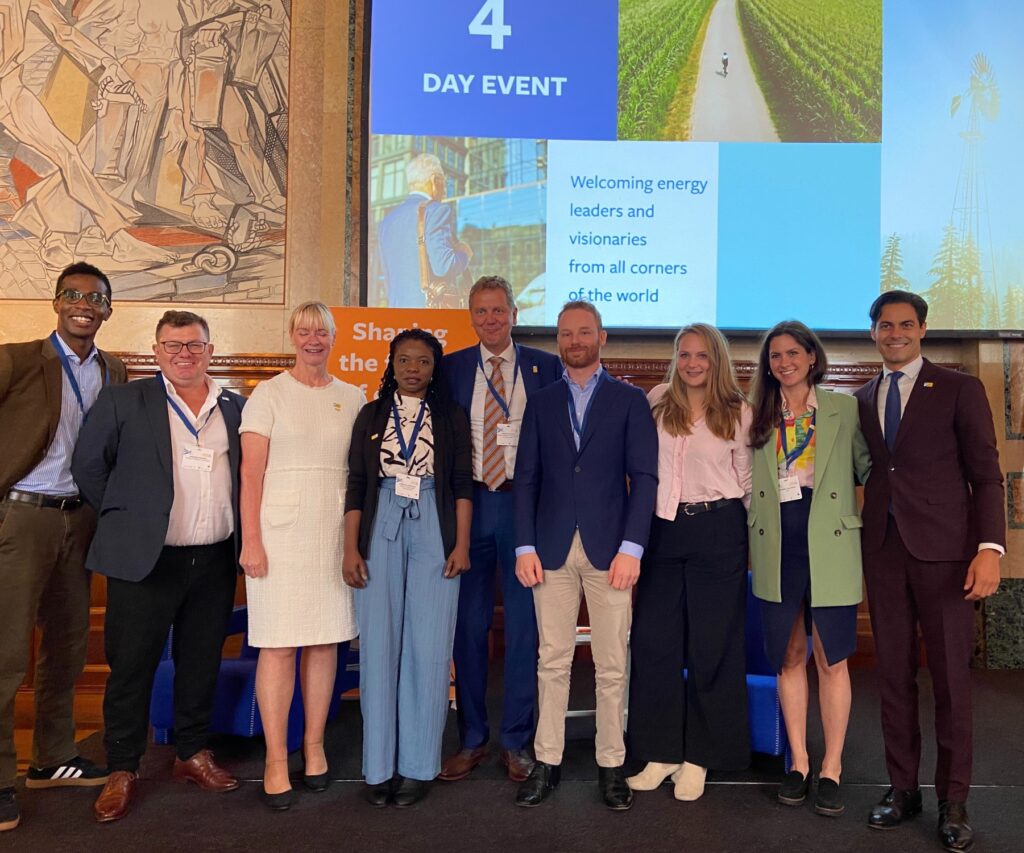
Embracing a sustainable energy future should not merely be a goal but a shared responsibility. Hence, it is essential that we work together towards a greener, more prosperous tomorrow. As we embark on the transformation of our energy systems, collaboration, youth empowerment, and citizen engagement are paramount. The 26th World Energy Congress in April 2024 at Rotterdam will provide a pivotal opportunity to explore and deepen these crucial aspects of Redesigning Energy for People and Planet. Together, through partnerships, youth empowerment, and citizen engagement, we can secure a lasting legacy of sustainability for future generations.
Executive Coordinator at Arctic Basecamp
Global Future Energy Leader at the World Energy Council
Co-Lead of Future Energy Leaders The Netherlands
